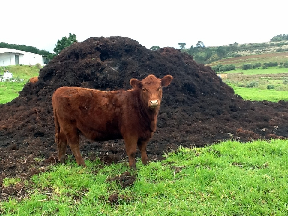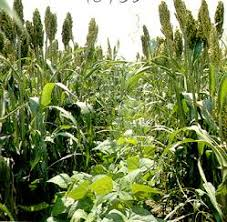Science > Biology > Management of Crop Production > Organic Fertilizers / Manures Plants require nutrients for their normal growth. Soil supplies mineral nutrients to the crop. These nutrients must be in a form useable by the plants and in concentrations that allow optimum plant growth. Similarly, the soil nutrients must be properly balanced. Soil […]
Organic Fertilizers: Manures



